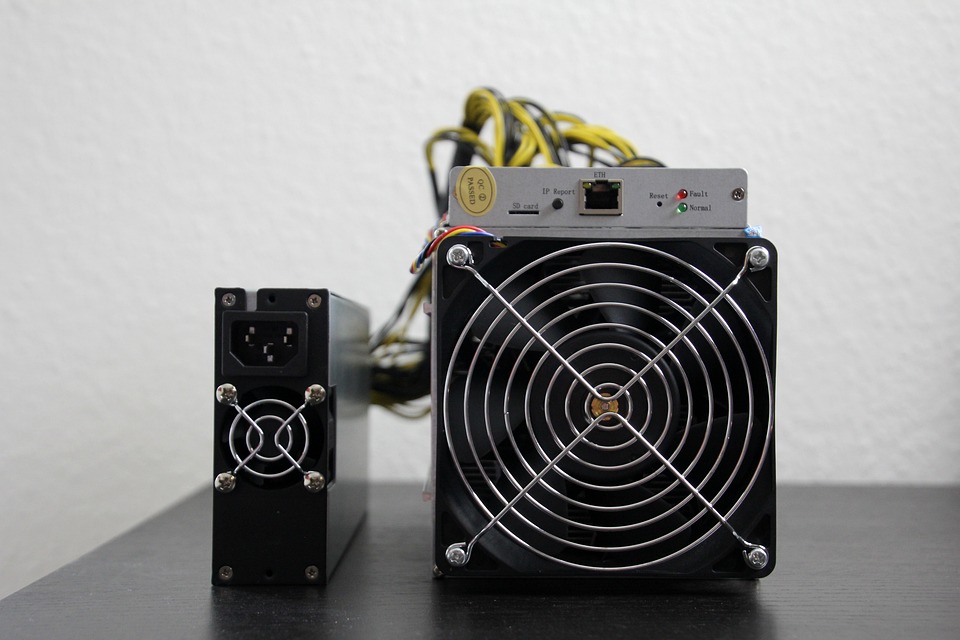In recent years, smart contracts have emerged as a revolutionary technology that is transforming the way transactions are executed. These digital contracts are built on blockchain technology, which provides for secure, transparent, and decentralized transactions.
So, what exactly are smart contracts? At their core, smart contracts are self-executing contracts with the terms of the agreement directly written into lines of code. These contracts automatically enforce and execute the terms of an agreement without the need for a third party to oversee the transaction. This eliminates the need for intermediaries, such as banks or lawyers, and reduces the risk of fraud or manipulation.
One of the key benefits of smart contracts is their transparency. Because they are executed on a blockchain, all transactions are recorded and stored on a public ledger that is accessible to all parties involved. This ensures that all transactions are secure and cannot be altered or tampered with. Additionally, smart contracts can be programmed to trigger actions automatically when certain conditions are met, streamlining the transaction process and eliminating the need for manual intervention.
Smart contracts have the potential to revolutionize a wide range of industries, from finance and real estate to supply chain management and healthcare. For example, in the real estate market, smart contracts can be used to automate property sales, manage rental agreements, and handle escrow payments. In the healthcare industry, they can ensure that patient records are secure and easily accessible while maintaining patient privacy.
Despite their potential benefits, smart contracts do present some challenges. One of the main concerns is the potential for bugs or vulnerabilities in the code, which could lead to errors or security breaches. Additionally, legal recognition of smart contracts varies across jurisdictions, which could impact their enforceability in certain situations.
Overall, smart contracts have the potential to revolutionize the way transactions are conducted in the future. By streamlining processes, reducing costs, and increasing transparency, smart contracts are poised to become a key component of the digital economy. As the technology continues to evolve and gain widespread adoption, it will be crucial for businesses and individuals to understand how to effectively utilize and implement smart contracts in order to fully harness their benefits.




